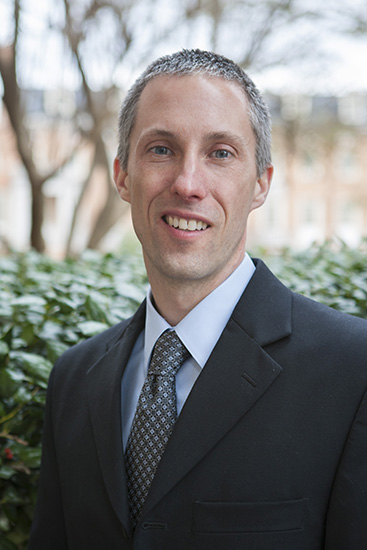
The Council on Social Work Education (CSWE) has granted Samford University’s Master of Social Work program accreditation candidacy status, indicating that the program is successfully progressing toward receiving full-accreditation from the council. Following an extensive self-study and site visit by CSWE, Samford’s program was found to be in compliance with all accreditation standards and has moved to the next phase of the accreditation process.
“The M.S.W. program faculty are very excited to have reached this significant milestone in the process of CSWE accreditation,” said Ken Stoltzfus, chair of Samford’s Department of Social Work. “Achieving candidacy status allows our M.S.W. program graduates to be immediately eligible for social work licensure in Alabama. We look forward to continued progress toward our goal of achieving full CSWE accreditation in 2017.”
Candidacy is typically a three-year process, and students who enter programs that attain candidacy in or before the academic year in which they begin the program will be retroactively recognized as having graduated from a CSWE-accredited program once the program completes the process and attains initial accreditation. Samford’s School of Public Health admitted the first class of M.S.W. students in June 2015 and will welcome another class in the fall.
“The faculty in the Department of Social Work have worked tirelessly to develop a program that uniquely prepares students to meet the needs of individuals and communities at home and around the globe,” said >Nena F. Sanders, vice provost of Samford’s College of Health Sciences. “We are proud of the department’s progression in the M.S.W. accreditation process and look forward to their continued success.”
According to Stoltzfus, a unique aspect of Samford’s program is the opportunity for students to choose a concentration in clinical social work or global community development. The clinical social work concentration prepares students to practice in settings such as psychiatric hospitals, community-based mental health programs and other settings that focus on practice with individuals, families and small groups. The global community development concentration trains students in community practice skills and offers opportunities to specialize in domestic or international community development. International field placement opportunities are available for students who are interested in working overseas after graduation.
Social work is one of many new programs being added in the College of Health Sciences, which launched in 2013, Sanders noted. The college includes the School of Public Health, as well as schools of health professions, nursing and pharmacy.
The M.S.W. offers full-time and part-time study options and courses for part-time students are scheduled during evenings so that students can remain in their current employment positions while pursuing their M.S.W. An undergraduate degree in social work is not required, but advanced standing is available for those who possess a bachelor’s degree in social work. In addition, Samford offers a Fast Track M.S.W. that allows students from select majors to graduate with a bachelor’s degree in their approved major and a Master of Social Work after just five years of study. Learn more about the M.S.W. or Fast Track M.S.W.
Samford University’s Master of Social Work program was admitted to accreditation candidacy by the Council on Social Work Education (CSWE) in June 2015 and is currently pursuing full accreditation. Students who graduate from an M.S.W. program in candidacy with CSWE are license eligible in Alabama; licensing laws vary by state.
